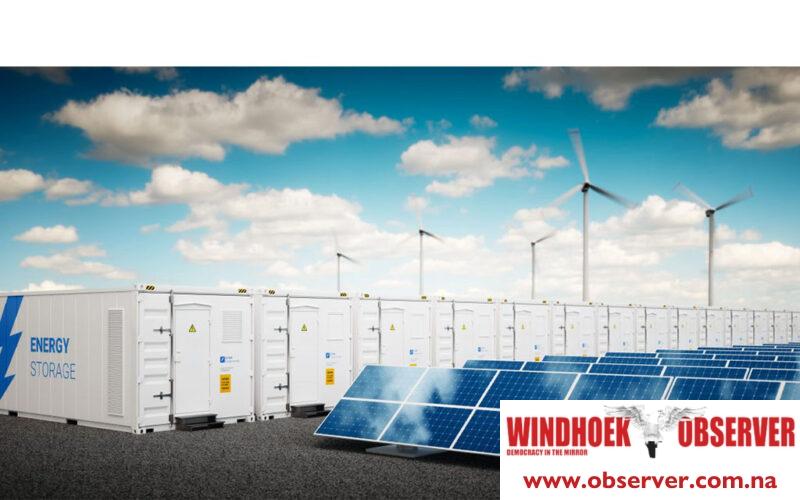Stefanus Nashama
Namibia and South Africa will collaborate on developing a cross-border green hydrogen pipeline.
This follows after the two countries reached an agreement at the World Hydrogen Summit in May.
Theopolina Kapani, the head of technical and construction at the Namibia Green Hydrogen Programme, said the move will potentially transform the energy landscape in Southern Africa.
“The initial focus will be on the pipeline segment between Lüderitz in Namibia and the Northern Cape in South Africa. This first phase is crucial for setting the foundation for future expansions, which include extending the pipeline to the Western Cape in South Africa and the Erongo region in Namibia, an emerging hub for green hydrogen projects,” she said.
Kapani stated that a substantial budget of N$4.9 million is available to delve into the study of the technical, commercial, financial, legal, environmental, socio-economic, and operational dimensions of the project.
She said this will ensure adherence to top-tier environmental, social, and governance standards.
“By leveraging the collective expertise of all parties involved, the study aims to foster a shared vision of a sustainable and interconnected energy future,” she emphasised.
Minister of Mines and Energy, Tom Alweendo, explained that if the study brings positive results, the pipeline will be the first intra-country hydrogen backbone on the African continent.
“If successful, this pipeline could be the first intra-country hydrogen backbone in Africa, cementing the way for the trade of more complex products in Southern Africa. This is a key step we are taking as we look to unleash the full potential of the African continental free trade area and realise the ideals of Agenda 2063—the Africa we want,” he stressed.
Alweendo added that the pipeline will bring economic growth and job opportunities.
“By connecting major green hydrogen hubs and facilitating the efficient transport and distribution of green hydrogen, the pipeline is poised to drive economic growth, generate jobs, and promote environmental sustainability,” said Alweendo.
He added that this initiative aims to position Namibia as a strategic logistics hub, providing clean energy connections to the hinterland and beyond.
According to James Mnyupe, the Namibia Green Hydrogen Programme Commissioner, the project will offer cutting-edge research for the Namibian government.
He said it will assess the viability of establishing strategic infrastructure for the Southern African region.
“The project holds the promise of not only advancing green hydrogen technology but also significantly contributing to the sustainable development and industrialization of the region,” Mnyupe stated.




